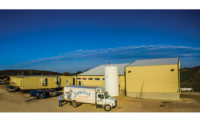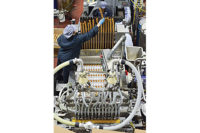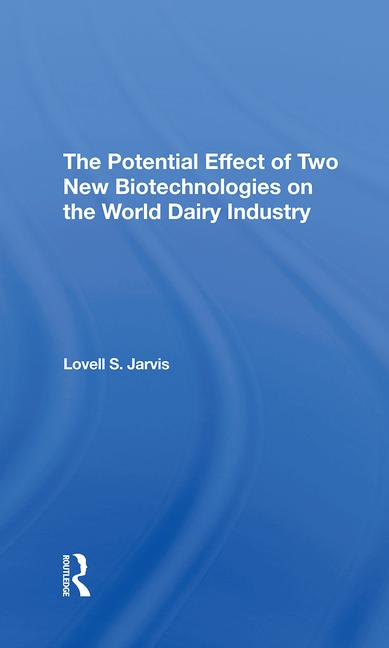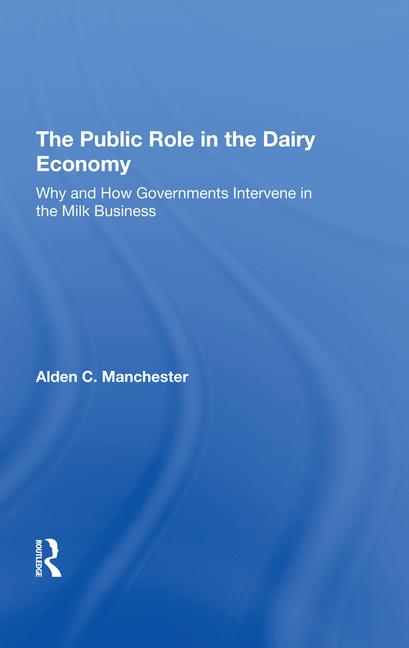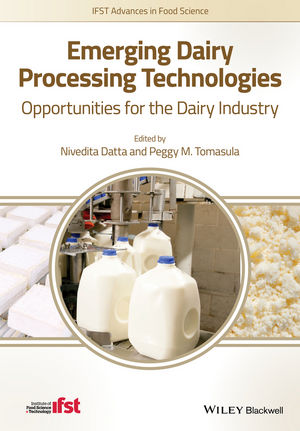Big ideas and bold leaders reap rewards in the dairy industry
Working together, we have brought together the many common interests of dairy processors and manufacturers in an effort to forge a better future.
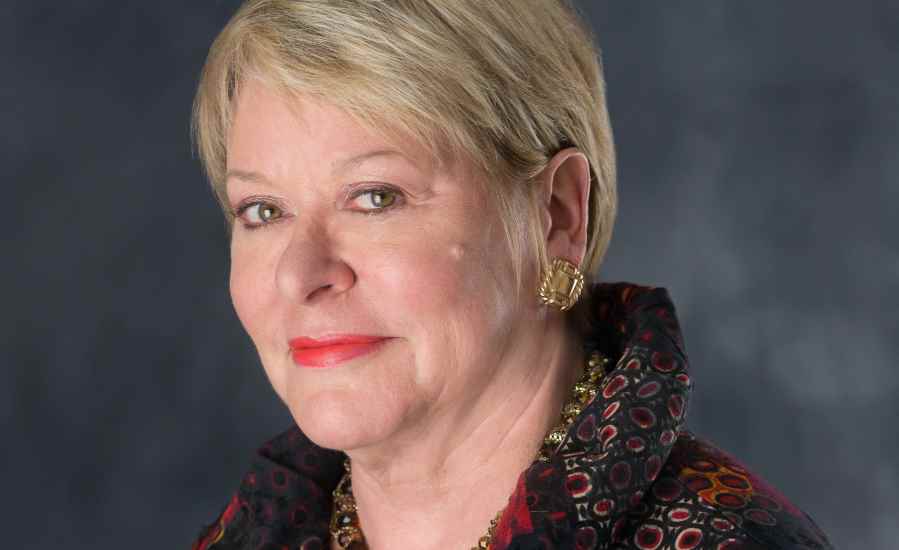
Thirty-five years ago when I began my career in the dairy foods industry, it was a unique time. The dawn of the 1980s brimmed with promise and hope for the United States. Ronald Reagan had been elected the 40th president, and it was a time of big, new and exciting ideas.
But what I found most exhilarating and rewarding were the people in the dairy foods industry and the aspirations we shared; we had hopes and ambitions for a developing and expanding industry unbridled by government regulations.
I was new to dairy and its issues but found the people who made up the industry to be genuine and engaged and the issues to be complicated and interesting. I immediately wanted to work with these people, to learn about their businesses and to try to make a difference on policy issues.
Back then, there were many family-owned companies and it was especially interesting to get to know them – Turner Dairies, Detroit Pure Milk, Hendrie’s, Coburg Dairy, Purity, Mayfield, Kinnett Dairies, Welsh Farms, Galliker Dairy, Weeks Dairy, Anderson Erickson, Robinson Dairy, Perry’s Ice Cream, Wells Blue Bunny, Schwan’s, Deering Ice Cream, Greens Dairy, Shamrock Foods, Penn Dairies, Pine State Creamery and so many others.
Business owners taught me a lot
Some of these family-owned businesses have been gobbled up by other, larger organizations over time. Some are out of business. But, thankfully, a few are still going full tilt with family at the helm and doing quite well.
Relationships with these families and other top executives across the industry provided the core of my education about the dairy industry and the policies that often were obstacles to companies making and marketing products. After all, what better way to learn about an industry and its issues than from the people running the companies? And I learned much more from these individuals than just about dairy.
These relationships and my learning fueled a fervent desire to build grassroots involvement by company leaders with members of Congress. I reasoned that if I could learn and care about the industry and its issues in this way, so could members of Congress. And if more members of Congress understood the effect of dairy policies on companies in their districts or states, then surely they would be better able to make policy decisions for the good of all their constituents, not just the farmers.
This was the ground floor of building IDFA’s political action committee and lobbying efforts on behalf of milk and ice cream manufacturers, and those efforts multiplied when the National Cheese Institute came together with the Milk Industry Foundation and the International Ice Cream Association in 1990. With NCI came a great new group of family companies, like Sargento, Sartori Foods, Leprino Foods, Hilmar Cheese and Brewster Dairy, just to name a few.
A strong voice became a force
Over time and working together, our member companies became a strong force with their many relationships in Congress and involvement in the process of influencing government, an important First Amendment right. These relationships led to IDFA’s lobbying successes over the years, and it’s been great fun to be a part of these efforts.
I clearly remember when I first gained an understanding of how important dairy policy could be on the national scene. When President Reagan was recovering at George Washington Hospital from the assassination attempt, the evening news showed him waving from the hospital window and signing a bill to indicate that he was okay and on the mend. That bill would decrease the dairy price support level, and that was my welcome to dairy policy.
There have been many more occasions to change dairy policy over the years, both legislatively and in the Federal Milk Marketing Orders program. All along the way, IDFA and our members have aggressively pushed for more market influence. While many of the reforms in milk pricing policies over these years have delivered greater market influence in the U.S. dairy industry, it still is not without the tugs of government programs holding it back from true market freedom.
This has consequences, of course, in how the dairy industry grows and changes, in whether the industry invests in new facilities, and in the industry’s products and potential markets in the United States and around the world.
Continue working on the big ideas
A few years ago, then First Lady Barbara Bush Wellesley College graduates to “Believe in something larger than yourself,” and to “get involved in some of the big ideas of our time.”
I sincerely believe as an industry we’ve done that – and done it together. We’ve brought together dairy processors and manufacturers in an effort to forge a better future.
I hope passionately that dairy processors and manufacturers will continue to push for milk pricing reforms that can open even greater opportunities for the future.
I am honored and humbled to have worked with you on these big ideas.
Looking for a reprint of this article?
From high-res PDFs to custom plaques, order your copy today!




